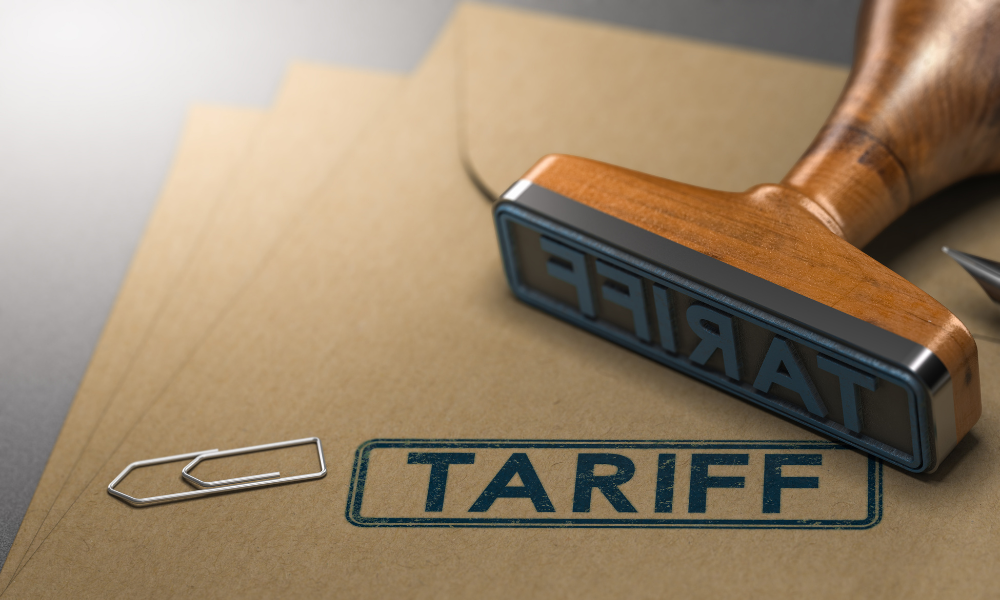Cost of living is still the major concern of millions of Canadians, report finds

The high cost of living in Canada today continues to challenge the finances of millions of households and impacting their ability to pay down high levels of debt, but Trump’s tariff threats are making things worse.
The bleak situation that many Canadians face is highlighted by the Credit Counselling Society who say the persistent higher costs have been exacerbated by uncertainty of US tariffs and mean continued struggles, especially for those whose borrowing is at breaking point.
Seven in ten respondents to CCS’s survey as part of its 2025 Consumer Debt Report say that the high cost of living is their overwhelming concern and more than half say this is due to economic factors outside their control.
"Consumers were already feeling the strain of increased day to day expenses," explains Peta Wales, President & CEO of the Credit Counselling Society. "Then, as additional information about potential tariffs emerged in the weeks leading up to President Trump's inauguration, the likelihood of price increases and even the potential for job losses, only heightened feelings of anxiety and stress."
More than half of respondents (54%) said they are concerned about their debts, with 84% of those whose debt has increased over the past year saying they are anxious about it.
But while 27% admit they have screamed in frustration about their debt, 57% have taken the ostrich approach of not reacting at all to what they owe.
"Unfortunately, we continue to see a trend of Canadians normalizing debt with a focus on only addressing their minimum payments," added Wales. " With record-high debt levels, consumers are grappling with the rising cost of living, and credit cards - which were once used primarily for emergencies - are now being used to carry month over month balances. Add on the prospect of tariff induced price increases or reduced income from layoffs, and many are left feeling numb and overwhelmed."
For some, debt fatigue has set in, characterized by behaviour such as ignoring bills, delaying or deferring payments, and avoiding creditor communication.
Those in this situation are trying to cope by cutting back on essentials (70%), selling personal items (34%), changing their living arrangements (12%), and 44% versus the previous high of 10% have reached out to a financial advisor for assistance.
"Surprisingly, of Canadians who had an increase in debt this past year," explains Wales, "we also saw that 44% took on a second job as they worked to proactively manage their higher debt load. While this was almost three times higher than the prior year, (at 16%), it may not remain a viable option if the economy contracts due to geopolitical circumstances."



